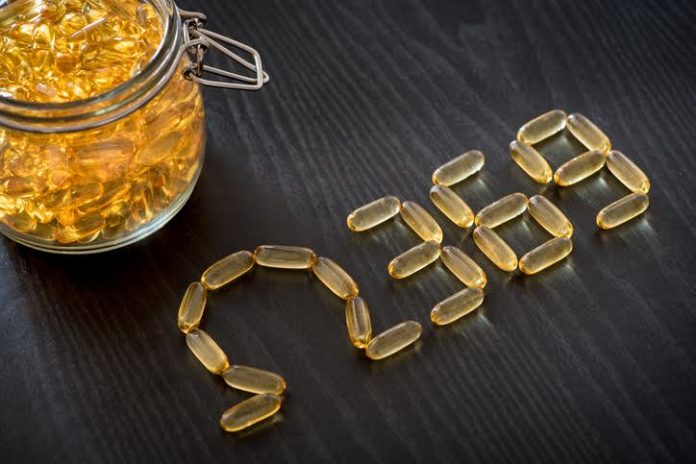A study out of Quebec’s Laval University suggests that the anti-inflammatory potential of omega-3 fatty acids may lie more with docosahexaenoic acid (DHA) than eicosapentaenoic acid (EPA).
The double-blind, randomized, crossover, controlled study, led by Dr. Benoit Lamarche, indicated that DHA supplementation led to greater reduction in specific markers of inflammation than EPA. The results showed that when compared with EPA, DHA was associated with a higher reduction in triglycerides and the body’s cholesterol:HDL-cholesterol ratio.
However, researchers say that more research is necessary to determine the extent to which DHA may be better able to control inflammation and provide CVD-risk prevention.
Dr. Harry Rice, PhD, VP of regulatory & scientific affairs for the Global Organization for EPA and DHA Omega-3s told Nutra, a North American source for breaking news on supplements, health and nutrition, that more research is needed before determining whether one omega-3 is superior to another.
“I like these types of studies from a scientific perspective, but it concerns me that popular press will report on this study or others like it and the public will be led to believe that either EPA or DHA is the superior omega-3 fatty acid,” he says. “I would recommend eating fatty fish, which obviously contains a mixture of both EPA and DHA, and taking a high quality supplement with both EPA and DHA,” he says.
As such, ensure that you keep up-to-date on the latest omega-3 news and continue to offer your patients supplements that contain a mixture of the two acids.









